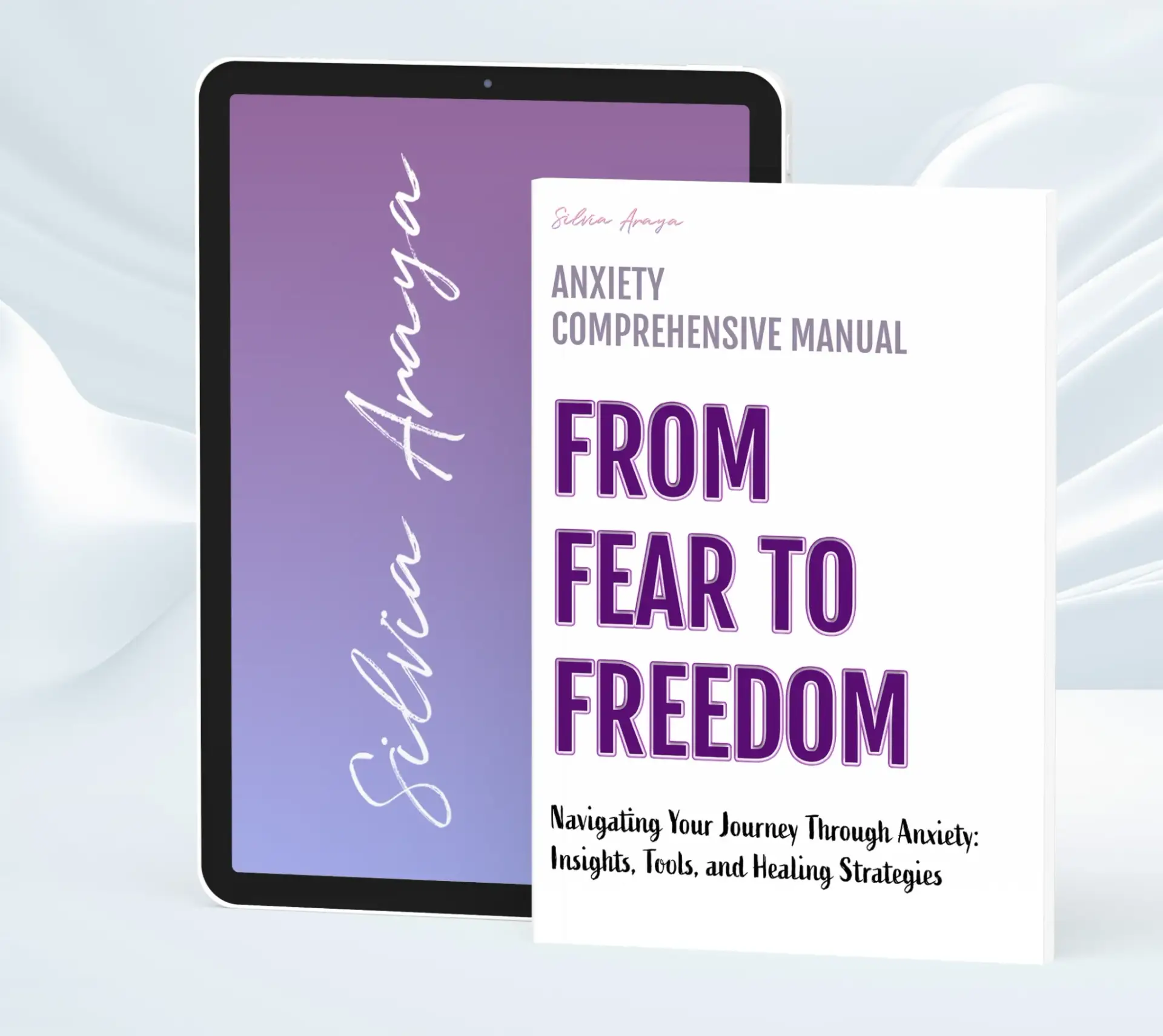Advocating for a Nuanced Understanding:
Statistics, while informative, often fail to capture the full spectrum of human experiences. They can flatten the complexity of real-life situations, reducing them to mere figures and trends. Embracing a nuanced understanding involves recognizing the intricacies and context behind the data points, acknowledging that behind every statistic lies a unique narrative waiting to be heard.
The Value of Individual Stories and Resilience:
Amidst the sea of data, individual stories stand out as powerful testaments to the human experience. Each person brings a unique perspective, challenges, and triumphs that cannot be fully encapsulated by statistics alone. By valuing individual stories, we celebrate the diversity and resilience that define our shared humanity. These stories remind us that behind every data point, there is a person with a voice, a story, and a journey worth acknowledging.
In conclusion, while statistics have their place in guiding decisions and shaping narratives, it is essential to remember their limitations and the importance of embracing individual stories and resilience. By weaving together the threads of data and personal narratives, we can paint a more comprehensive picture of the world around us, one that honors both the quantitative and qualitative aspects of human existence.Title:
Embracing the Complexity: Beyond the Limitations of Statistics
In the realm of data and analysis, it is crucial to advocate for a nuanced understanding that transcends mere numbers. While statistics provide valuable insights, they inherently come with limitations that can overshadow the richness of individual stories and the power of resilience. As we strive to shape narratives and gain a deeper understanding of the world, it is essential to remember these limitations and the importance of embracing both data and personal narratives.
We live in a world that is becoming increasingly reliant on data-driven decision making. From business strategies to public policies, statistics play a significant role in shaping our understanding of society. However, as we rely more and more on numbers to guide our actions, we must also recognize that they do not tell the whole story.
Statistics can only provide a limited view of reality. They are based on averages and generalizations, which can often overlook the unique experiences and perspectives of individuals. These numbers may paint a picture of success or failure but fail to capture the complexity of human existence.
This is where personal narratives come in. By sharing our stories and experiences, we add a human element to the data-driven world. These narratives provide context and depth to the numbers, allowing us to understand the impact of policies and decisions on real people.
Furthermore, personal narratives bring diversity and inclusivity to the forefront. They give voice to marginalized communities and shed light on issues that may be overlooked by statistics alone. This is crucial in creating a more equitable society where all voices are heard and valued.
Embracing both data and personal narratives can lead to more informed decision making. It allows us to see the bigger picture, considering both quantitative data and qualitative insights from individuals. This holistic approach can result in policies that not only consider statistical success but also prioritize the well-being







